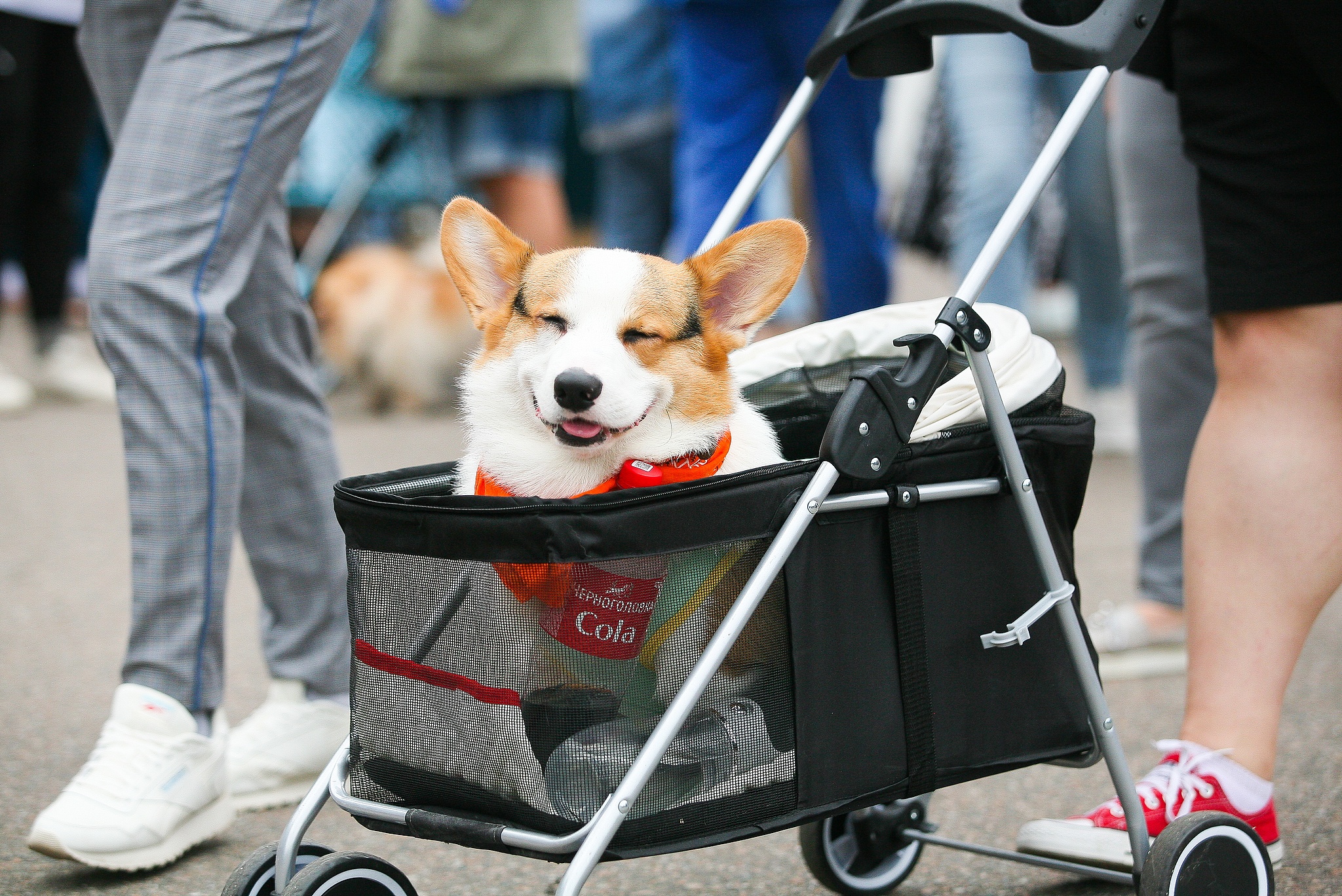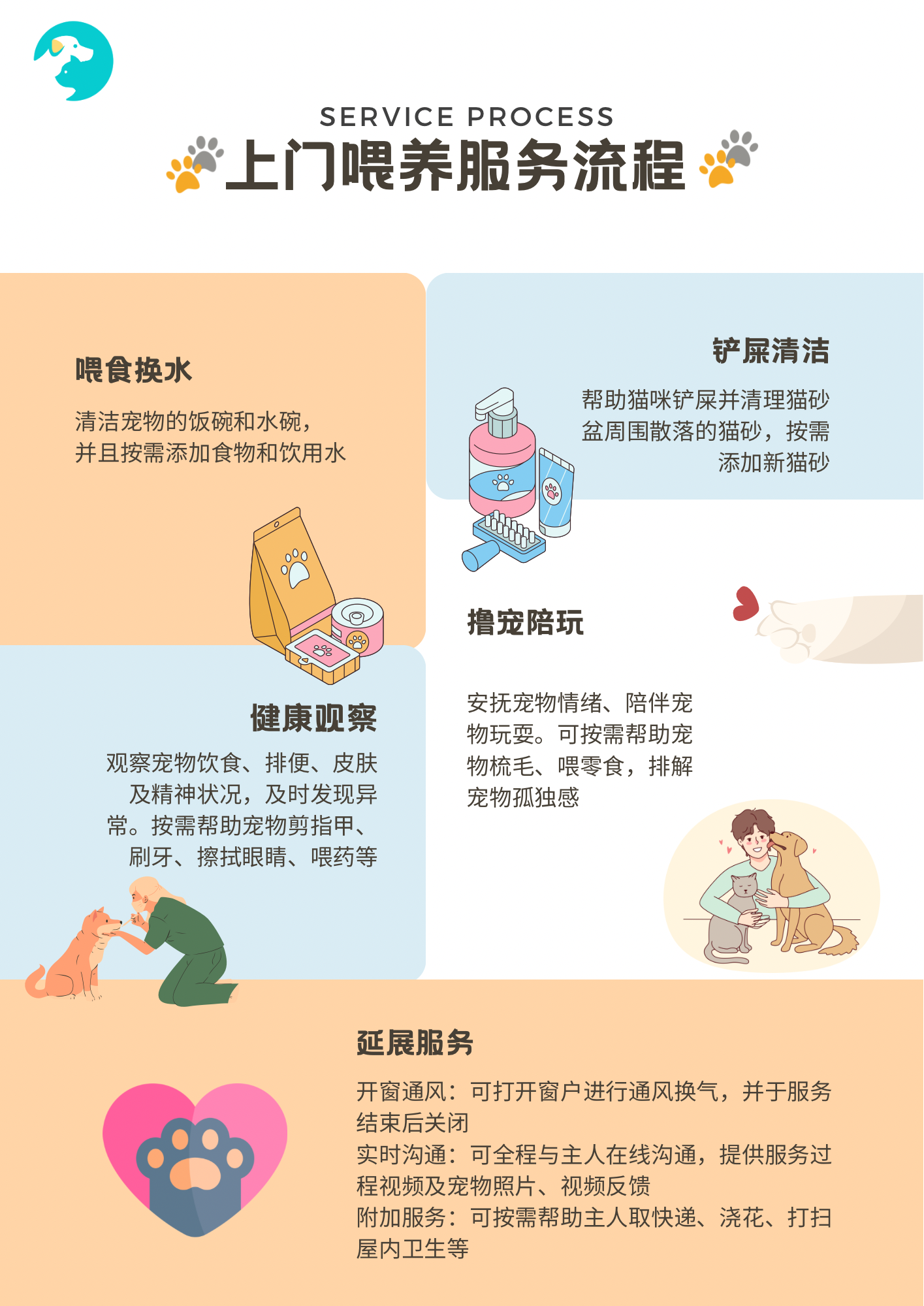
Millions of people across China are preparing to reunite with family and friends during Spring Festival.
But for pet owners, holiday travel brings a unique challenge: who will care for their companions while they’re away?
The growing demand for in-house pet-sitting services is creating new opportunities—and challenges—for pet owners and sitters.
 A dog is spotted relaxing in a cart. [File Photo: VCG]
A dog is spotted relaxing in a cart. [File Photo: VCG]
The demand for in-house pet-sitting services is surging across China. On social media platforms, inquiries about these services are heating up, with pet owners looking for help to feed their cats, walk their dogs, or even care for parrots while they travel during the holidays.
Beijing native Fan Yongting has turned her love for animals into a promising side job. With her extensive experience in pet care, she’s found a growing market during these peak seasons.
"Demand is especially high during the Spring Festival, as well as during holidays like National Day and Labor Day. Even for shorter holidays, there’s always a need. Many pet owners travel or return to their hometowns, leaving their pets alone, so they rely on someone to care for them."
The average fee for a single visit is around 70 yuan, or about 10 US dollars. Some pet sitters can earn up to 700 dollars during a holiday season.
Pet-sitting services go far beyond simply feeding and cleaning. Sitters must monitor a pet’s food and water intake, observe their overall health and mood, and ensure their safety.
However, every home presents a new challenge, almost like opening a "blind box." Pets often react unpredictably to strangers—cats, for instance, might bolt out the door as soon as it’s opened.
"It really comes down to trust. You don’t always know who will be taking care of your pets. Many homes have security cameras, and I actually encourage that. It’s a safeguard for both the pet owner and the sitter."
For pet owners like Fan Yongmei, safety is the top priority.
"If something goes wrong, I want to be able to turn to a legitimate agency to resolve the issue. I wouldn’t feel comfortable just hiring someone randomly online. What if something happens and I can’t track them down?"
To address these concerns, professional pet service platforms have emerged. One such platform is "Cat Dad Arrives," based in Xi’an. Founder Wang Zhihao explains the measures they take to ensure quality and trust.

A screenshot of the interface of Wechat mini app "Cat Dad Arrives." The mini app provides door-to-door pet services such as regular feeding and grooming. [Photo courtesy of Wang Zhihao]
"First, pet sitters must own pets themselves and have at least three years of experience in pet care. Second, they need to register on our platform. Third, we provide professional training. Finally, they must pay a deposit before they can start working."
Over the past decade, the pet service industry in China has grown significantly. The number of businesses has jumped from just 8,200 in 2015 to over 257,000 by the end of 2024.
While the opportunities are abundant, Wang acknowledges the challenges.
"Since 2020, many companies have entered the market, but many have also shut down. This is because focusing solely on pet-sitting makes it hard to survive. Diversifying services—such as offering home grooming, pet travel, photography, and even pet funerals—is essential for long-term success."
For pet sitters like Fan Yongting, missing family reunions during holidays has become part of the job. But she believes it’s a worthwhile trade-off.
After more than a year in the industry, she is planning to tap deeper into the pet-sitting market.
"I'm considering developing this into a bigger career path. Society is constantly evolving, and with it, career opportunities.”
